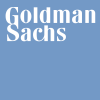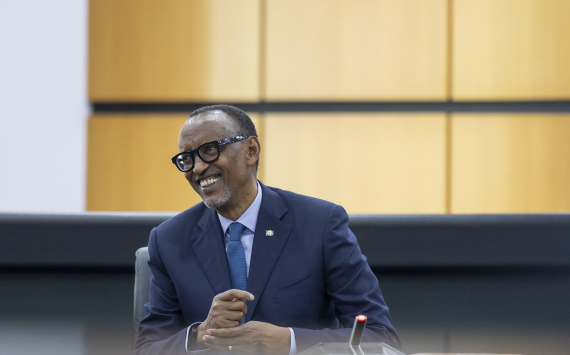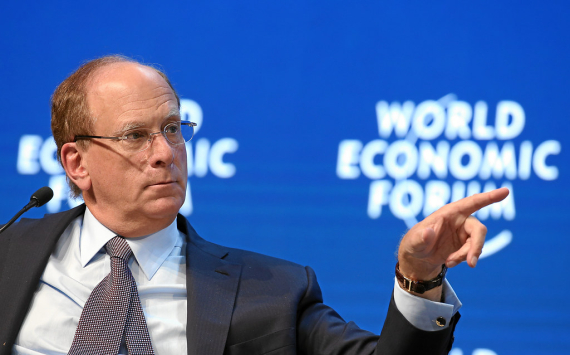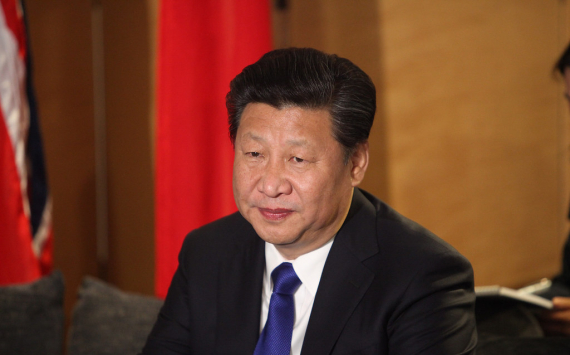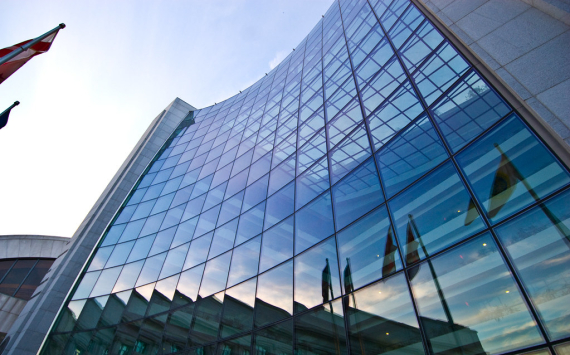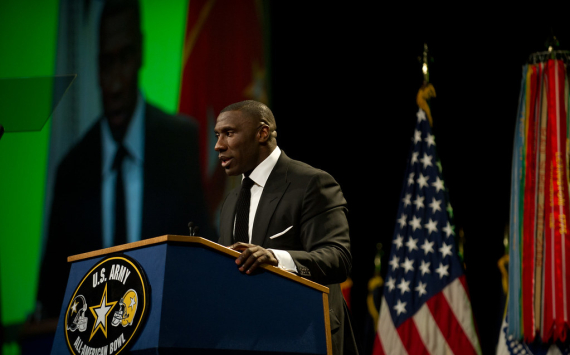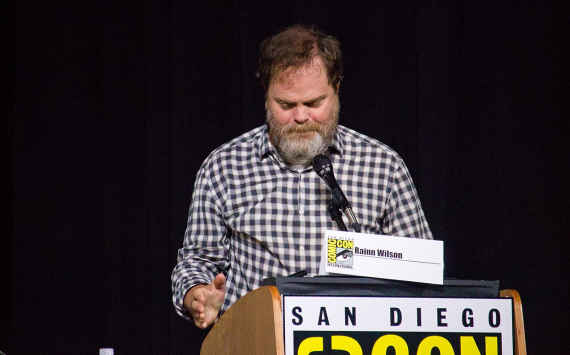
IPO market
Goldman Sachs Group (NYSE: GS) CEO David Solomon expects the initial public offering market to recover in the coming months.
"I think we're going through a period of reassessment of value expectations right now," he told CNBC host James Joseph Cramer. "In the coming months we will see a slight recovery in capital markets activity as investors adjust to this revaluation," added David Solomon.
The US IPO market has pretty much stalled this year due to high inflation, Fed rate hikes and geopolitical events. In the first half of the year, IPO volume on US exchanges was just $4.8bn compared with $155bn in 2021, according to Ernst and Young and Dealogic.
The negative factors are not going anywhere, but investors are slowly getting used to the new reality, Solomon said.
David Solomon said: "There are always some number of companies that need to go public. History will tell when this adjustment will take place."
The core PCE rate is expected to fall to 2.9% by December 2023 from 5.1% currently, economists led by Jan Hatzius wrote in a research note, with lower commodity prices and a stronger dollar also weighing on inflation.
Last week's data pointed to a cooling in US consumer prices. Inflation in October, at 7.7%, rose at the slowest rate since January.
Forecasts from Goldman Sachs
The key message is that the contribution of tight product categories to core inflation will be negative, declining from +0.6% points at present to -0.4% points by the end of 2023.
The supply of semiconductors has improved. For example, automotive microchip shipments are now 42% higher than in 2019.
Goldman Sachs expects annual housing inflation to peak. Strong demand for rental properties has already triggered a supply response. Flat vacancy rates are starting to recover and are likely to return to pre-pandemic levels next year.
And the final key point is that slower wage growth is expected to reduce the upward pressure on service sector inflation by the end of 2023. It is worth noting that the rebalancing of the labour market is already reducing wage growth, especially in sectors with a significant reduction in the gap between jobs and employees, such as retail and leisure. Goldman Sachs expects annualised wage growth to fall by 1.5pc to 4% by the end of 2023, helping to slow inflation in labour-intensive service categories.





